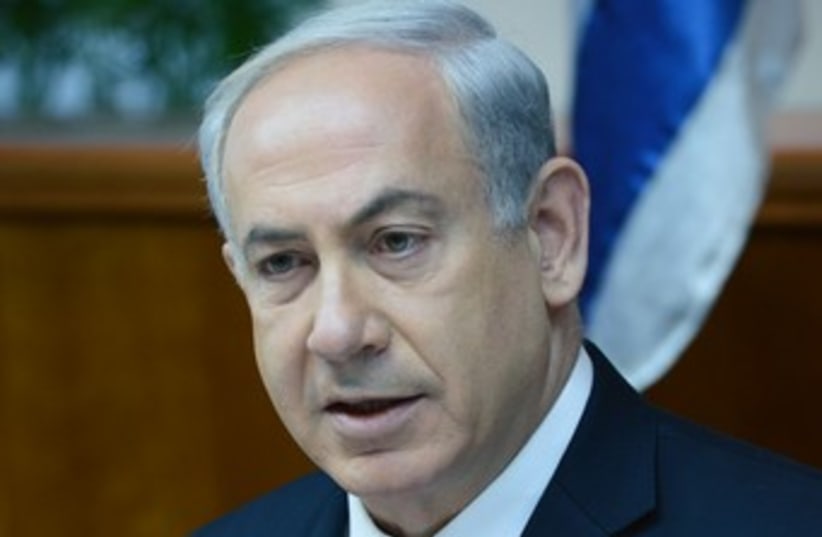Palestinian prisoner release passes cabinet by wide 13-7 margin
After nearly 6 hour meeting, cabinet votes to renew talks with Palestinians including release of 104 Palestinian terrorists in 4 stages over 9 months; cabinet also approves bill to bring peace deal to national referendum.
